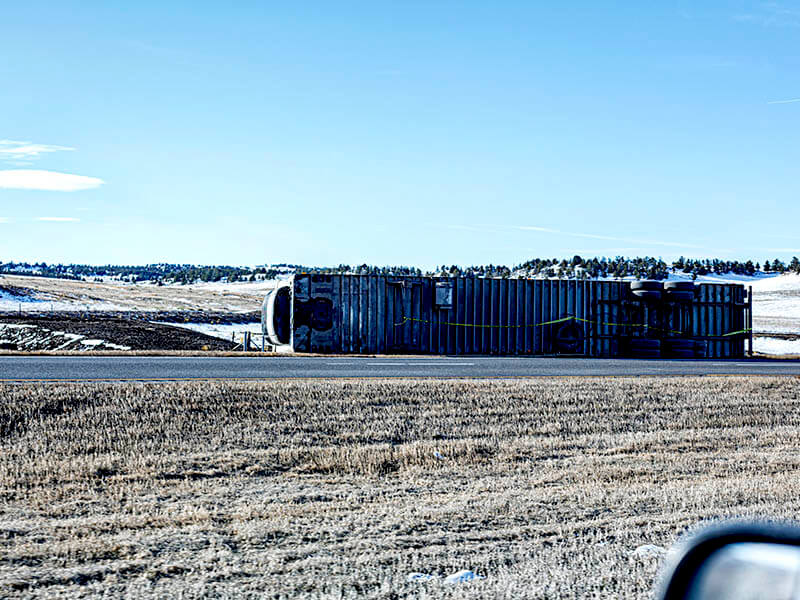
In Ibrahim, the claimant was severely injured while driving and flipping a semi-tractor trailer truck. It was the claimant’s first trip working for the alleged employer, MKTS. The claim was denied based on an independent contract agreement that the claimant had signed. At an evidentiary hearing, both the claimant and MKTS’ owner testified. The ALJ found the claimant to be credible, but not MKTS’ owner. Despite this, the ALJ determined that the claimant was not an employee of MKTS, but rather an independent contractor. Claimant appealed against that decision and argued that the independent contractor agreement did not comply with A.R.S. § 23-902(D) and the services being provided were essential to MKTS’ business.
The ALJ applied the employer-employee factors to determine whether the claimant was an employee or an independent contractor, which the Court of Appeals adopted.
Those factors included that MKTS did not sign the independent contractor agreement, the claimant subleased the truck from MKTS, he was not required to work certain routes or hours, expenses were taken out of the claimant’s pay, and there was no set hourly rate or salary for the claimant. Pay was based on the number of deliveries completed.
Ultimately, the question turned on how much control MKTS had over the claimant’s job duties. The Court of Appeals found that the only control MKTS had was ensuring compliance with federal motor transportation laws. Claimant did not have a particular route or specific times to drive, he was allowed to use any vehicle that he chose for deliveries, and MKTS did not supply any of claimant’s costs or expenses related to business. The decision that the claimant was an independent contractor was affirmed and MKTS was not responsible for any of the claimant’s medical expenses or lost wages.
Ibrahim v. Indus. Comm'n of Ariz., No. 1 CA-IC 24-0004, 2024 WL 4442832 (Ariz. Ct. App. Oct. 2024).
Want to know more? Contact Megan Bornmann at mbornmann@pollartmiller.com